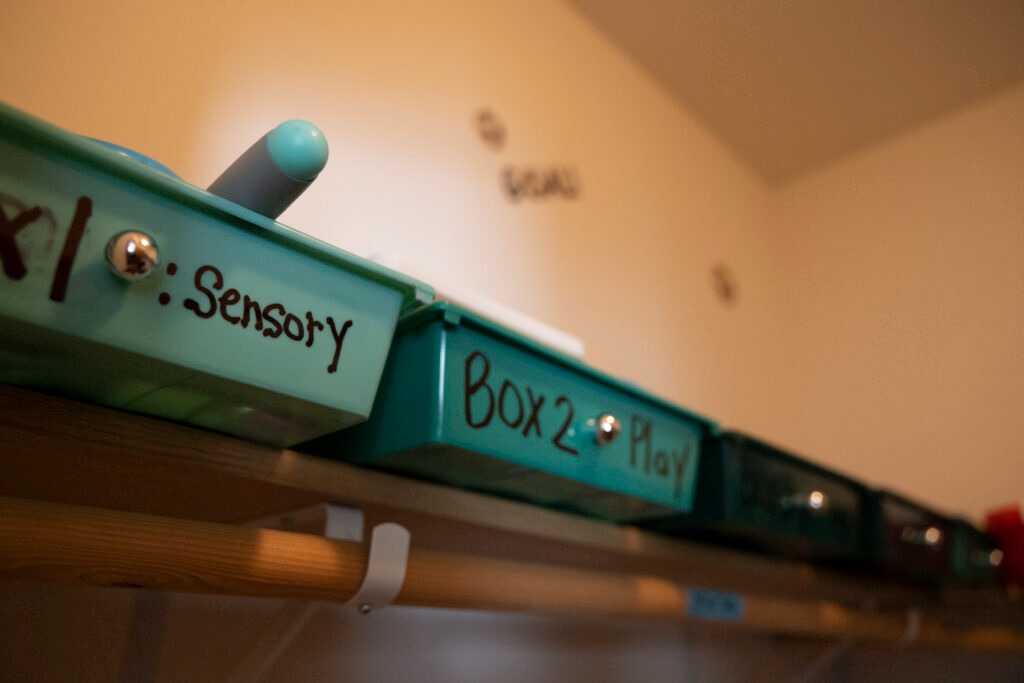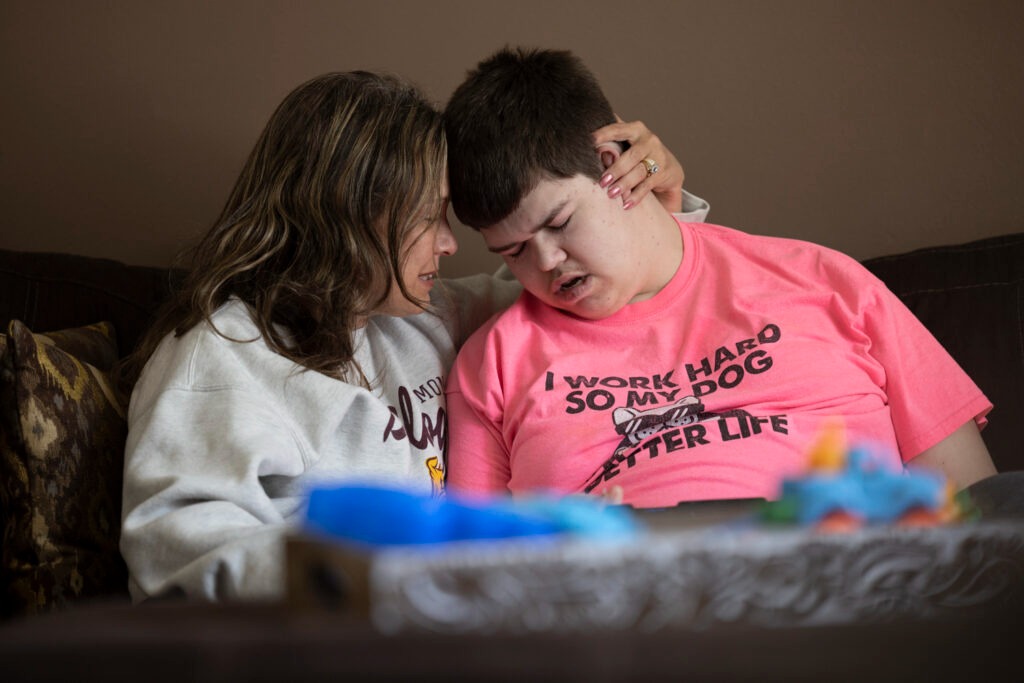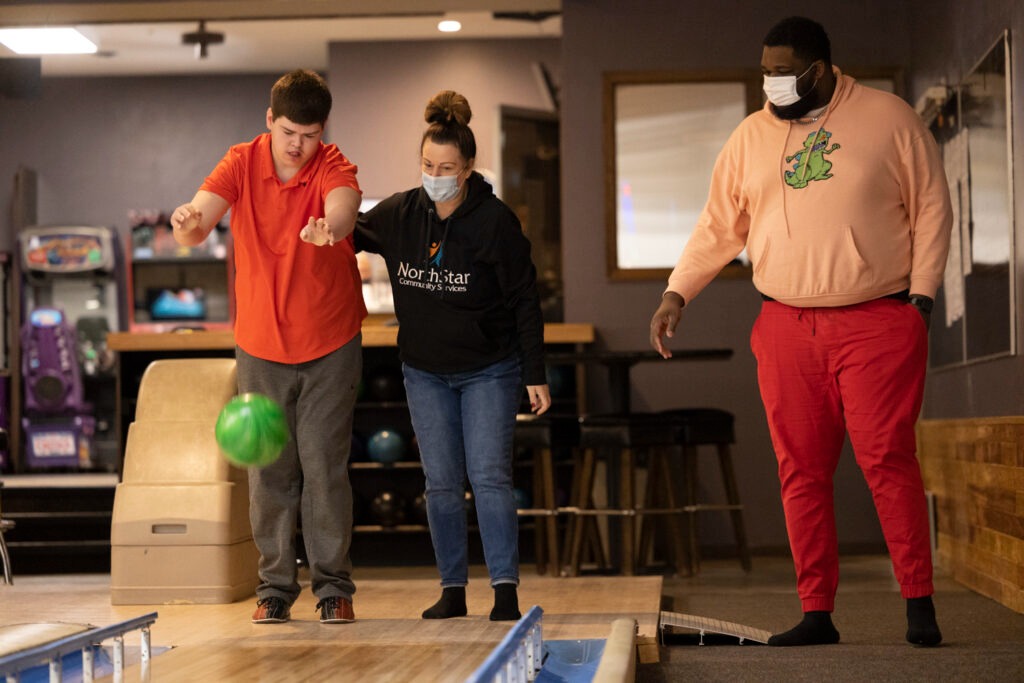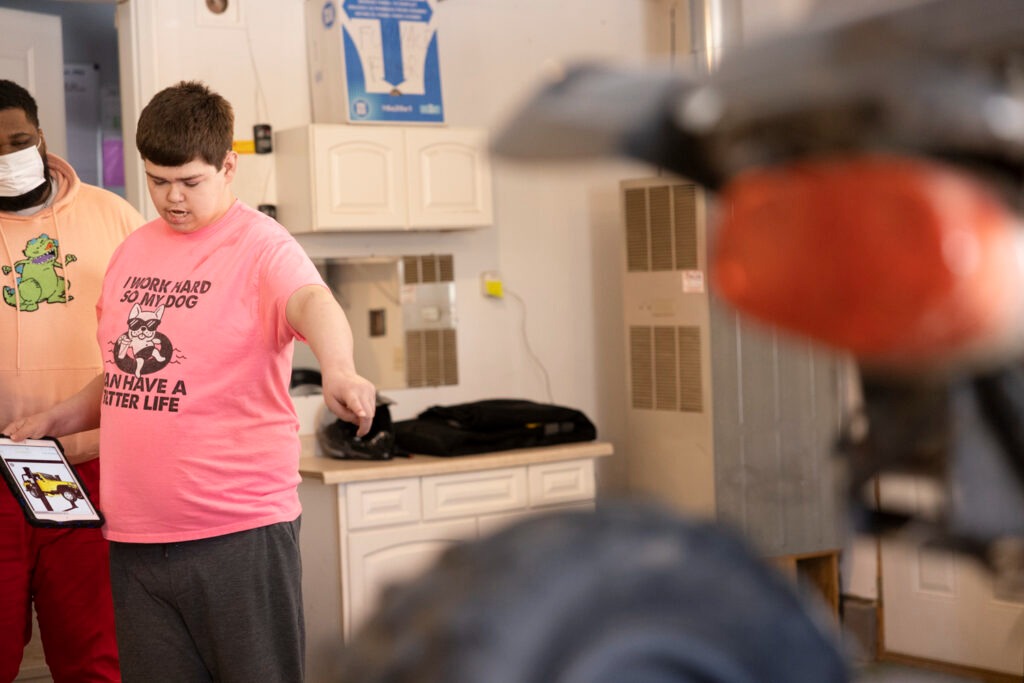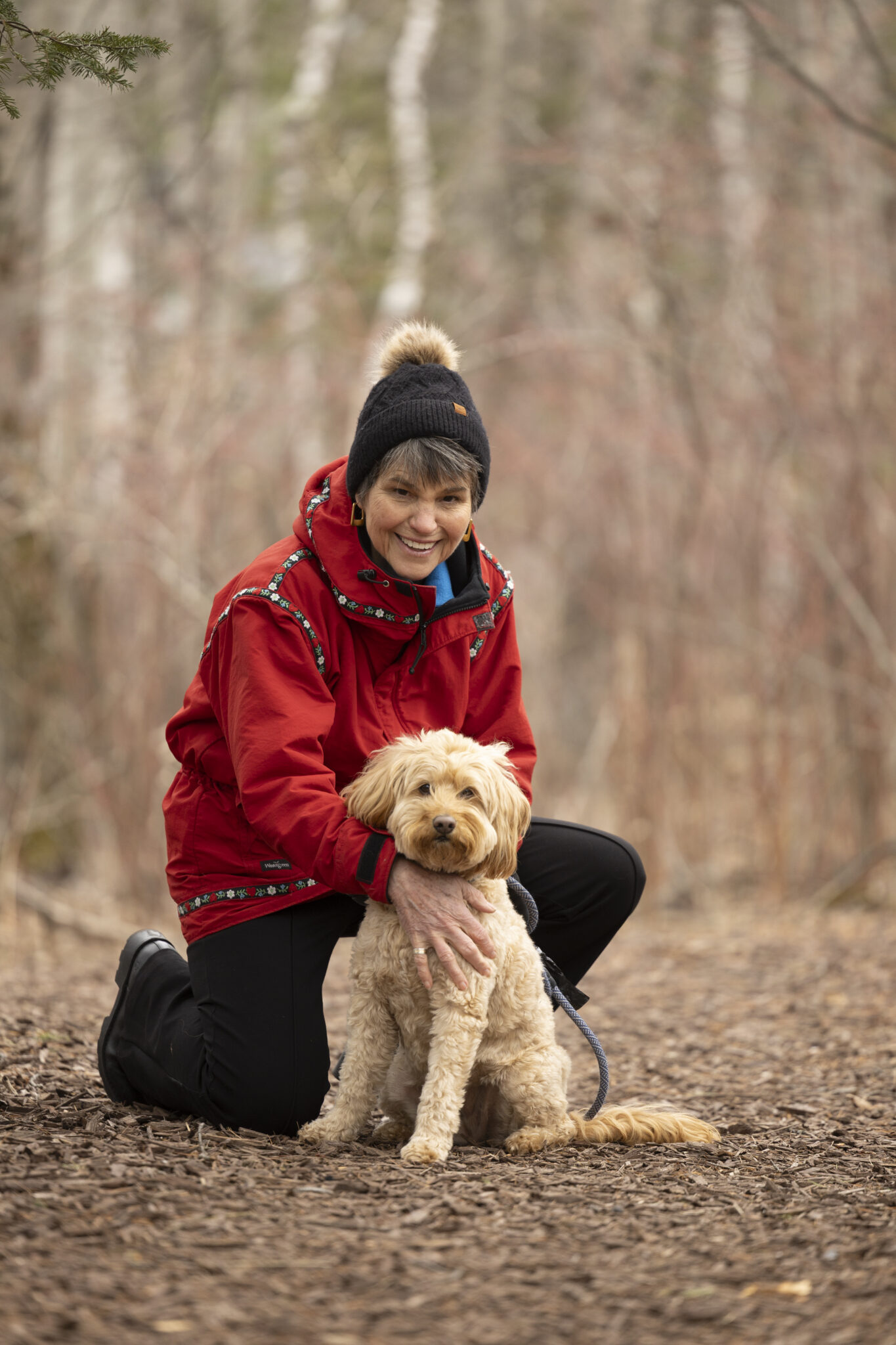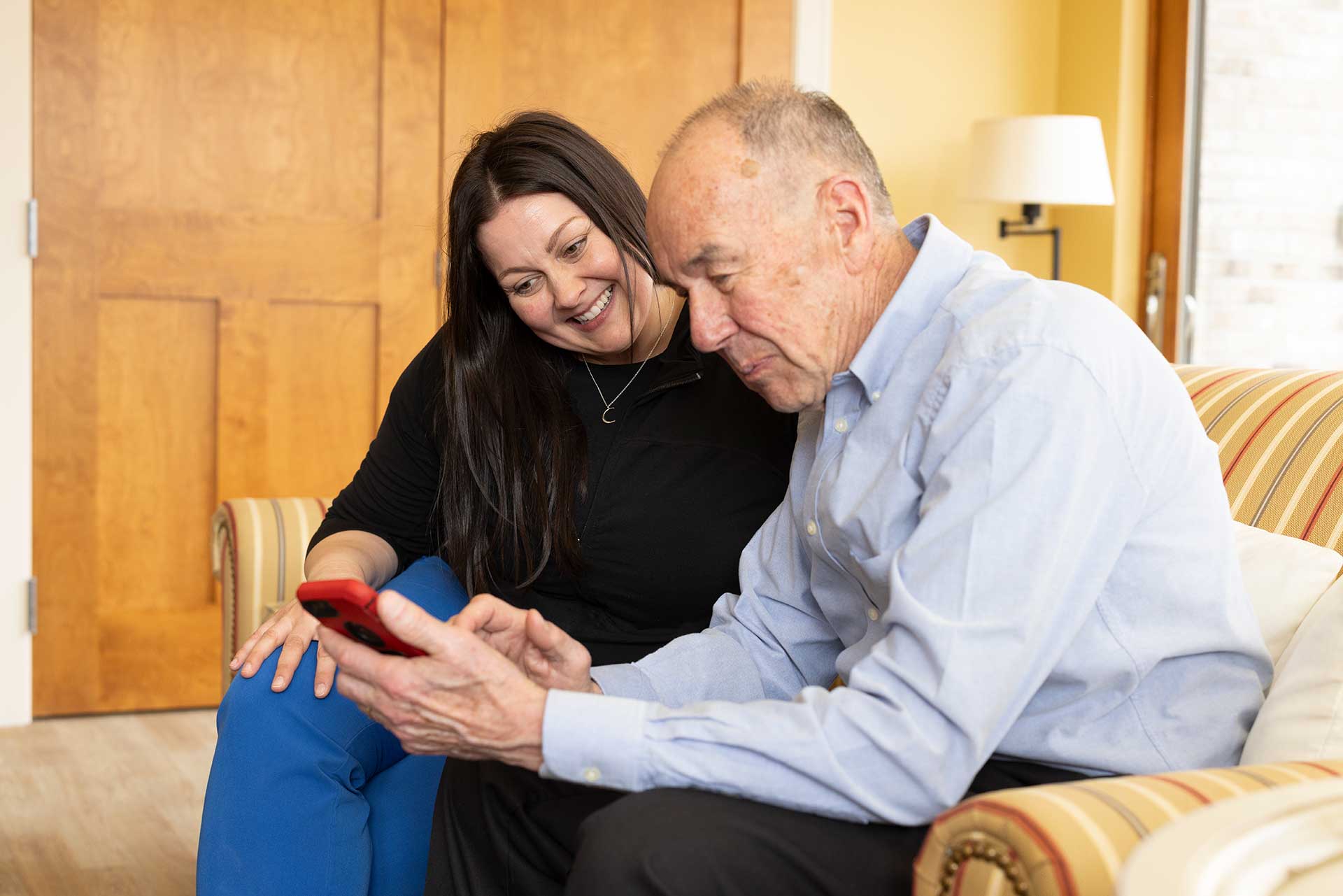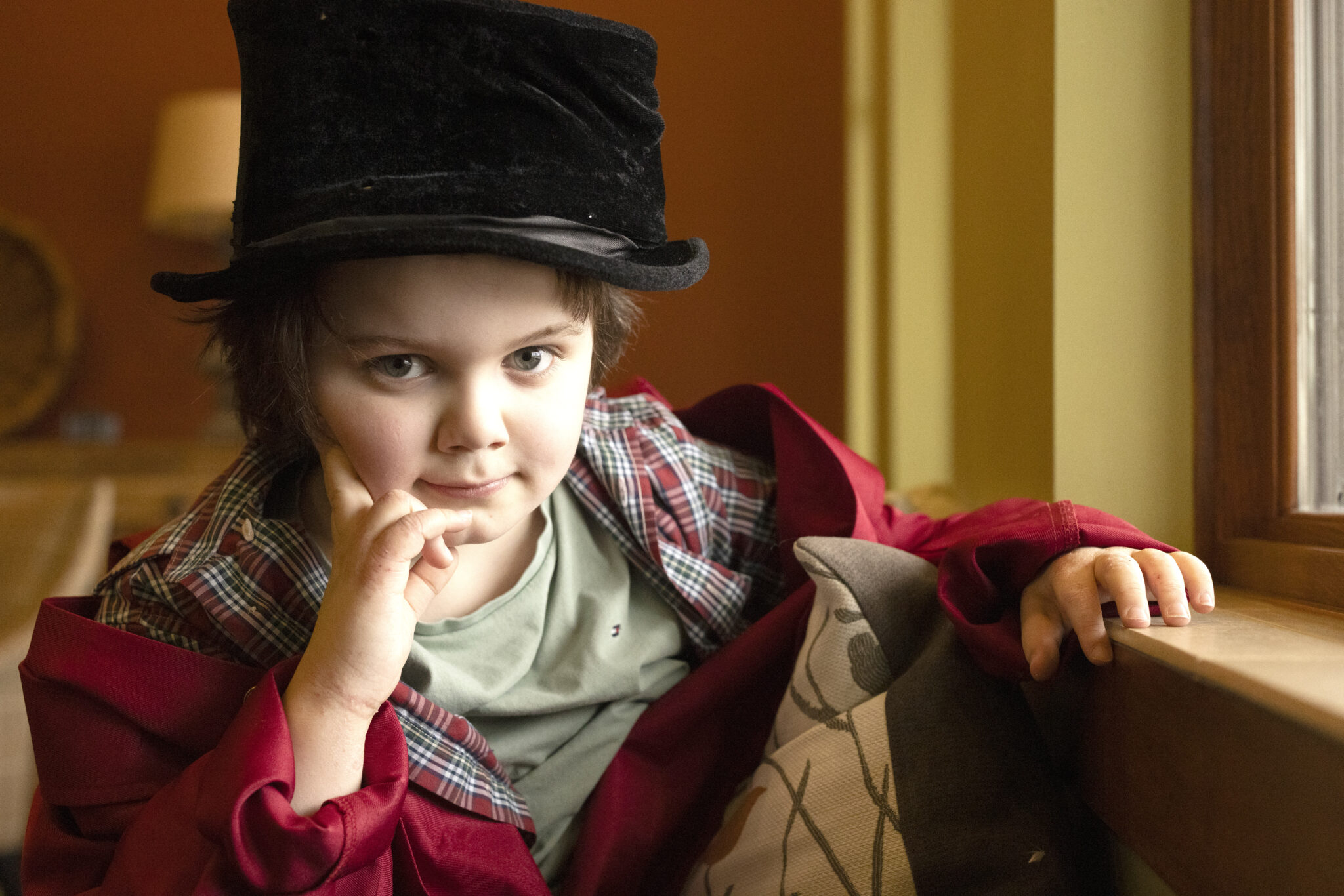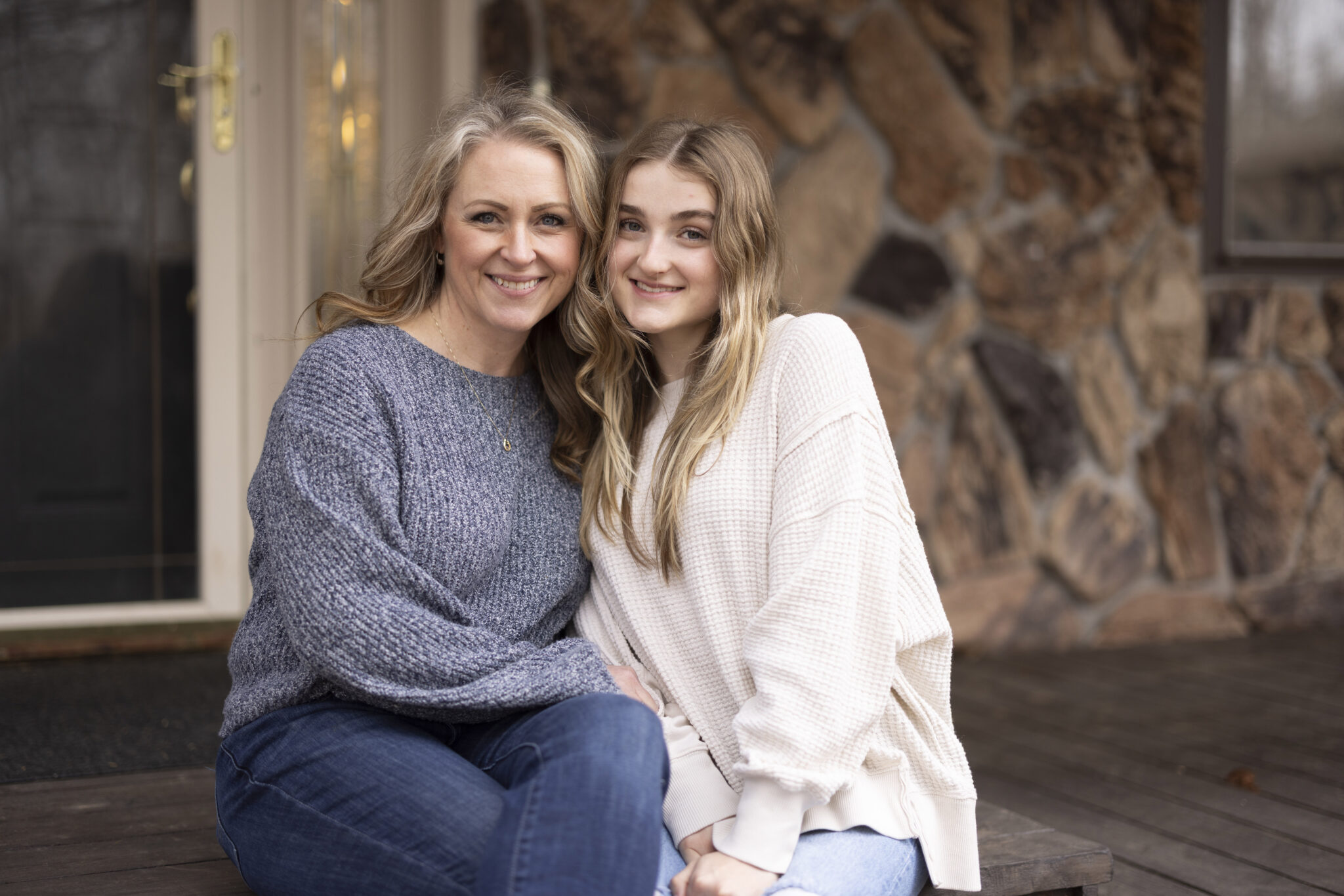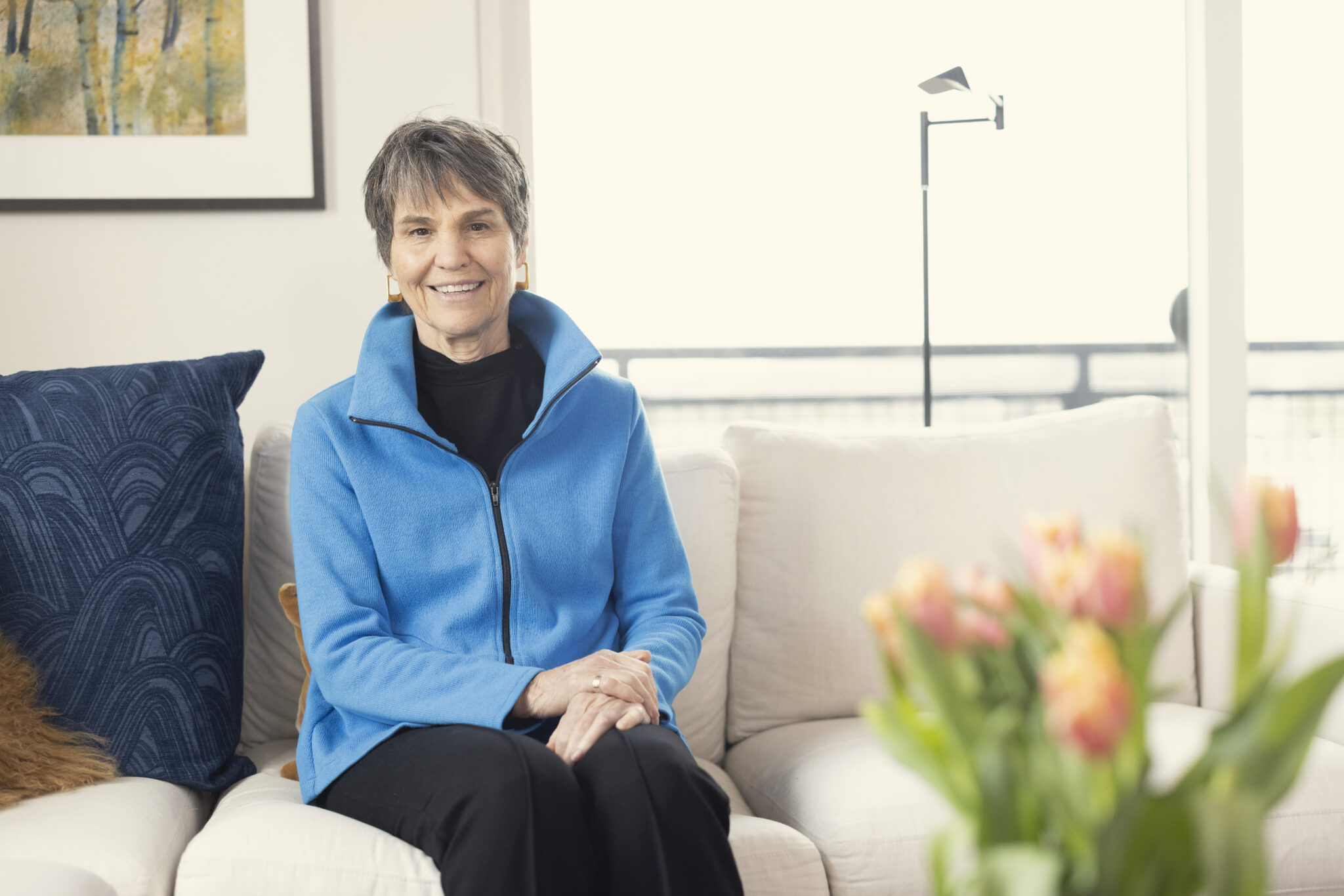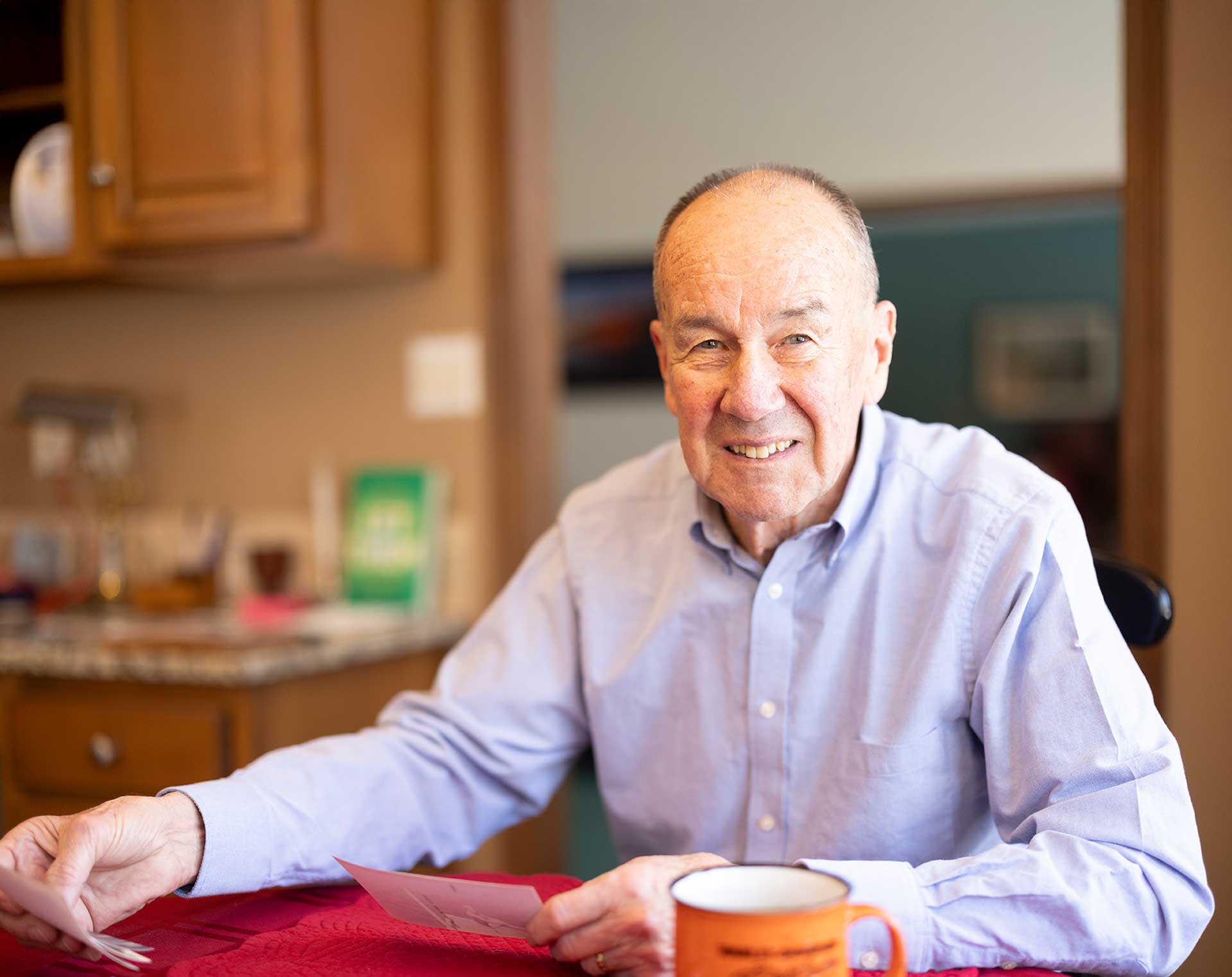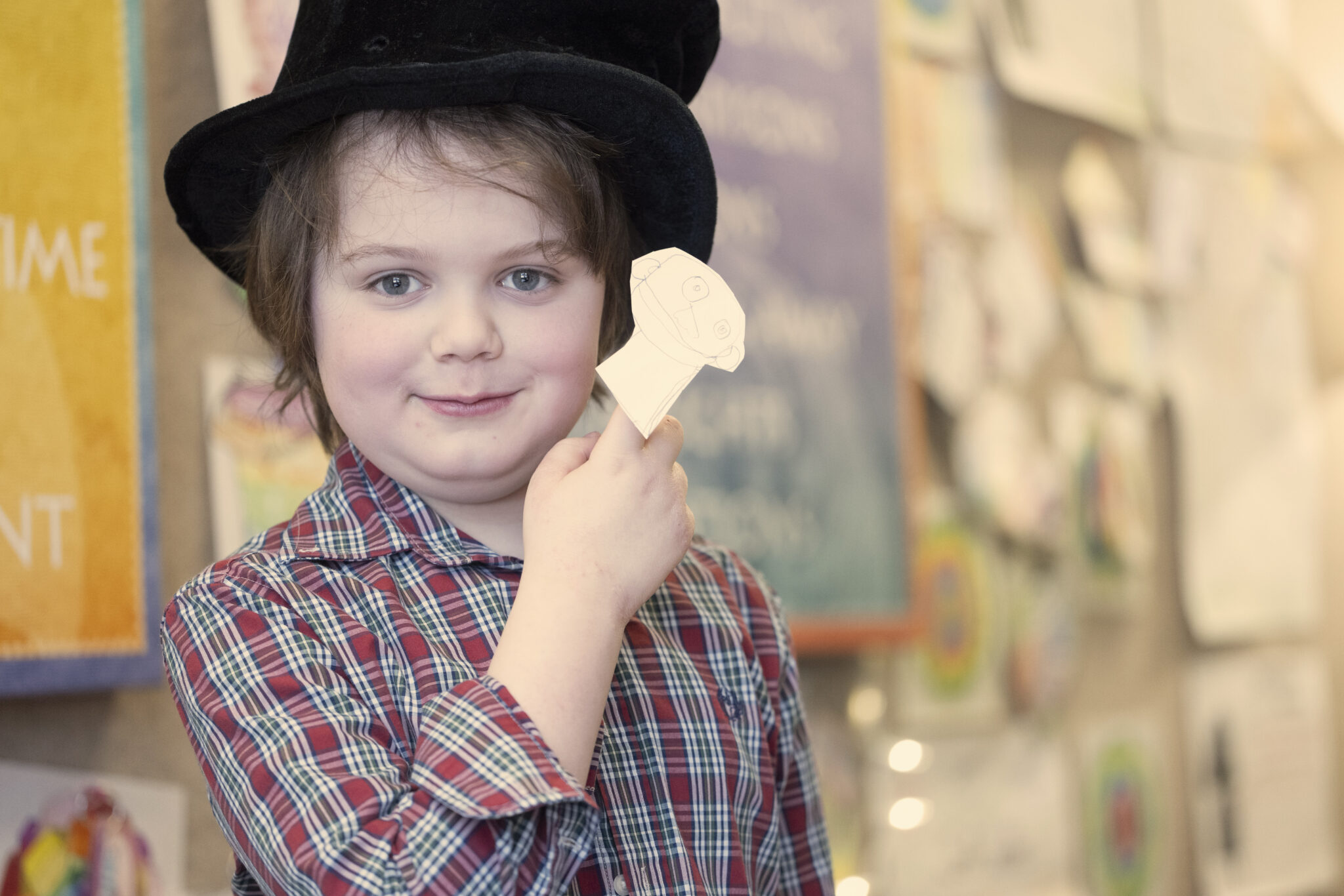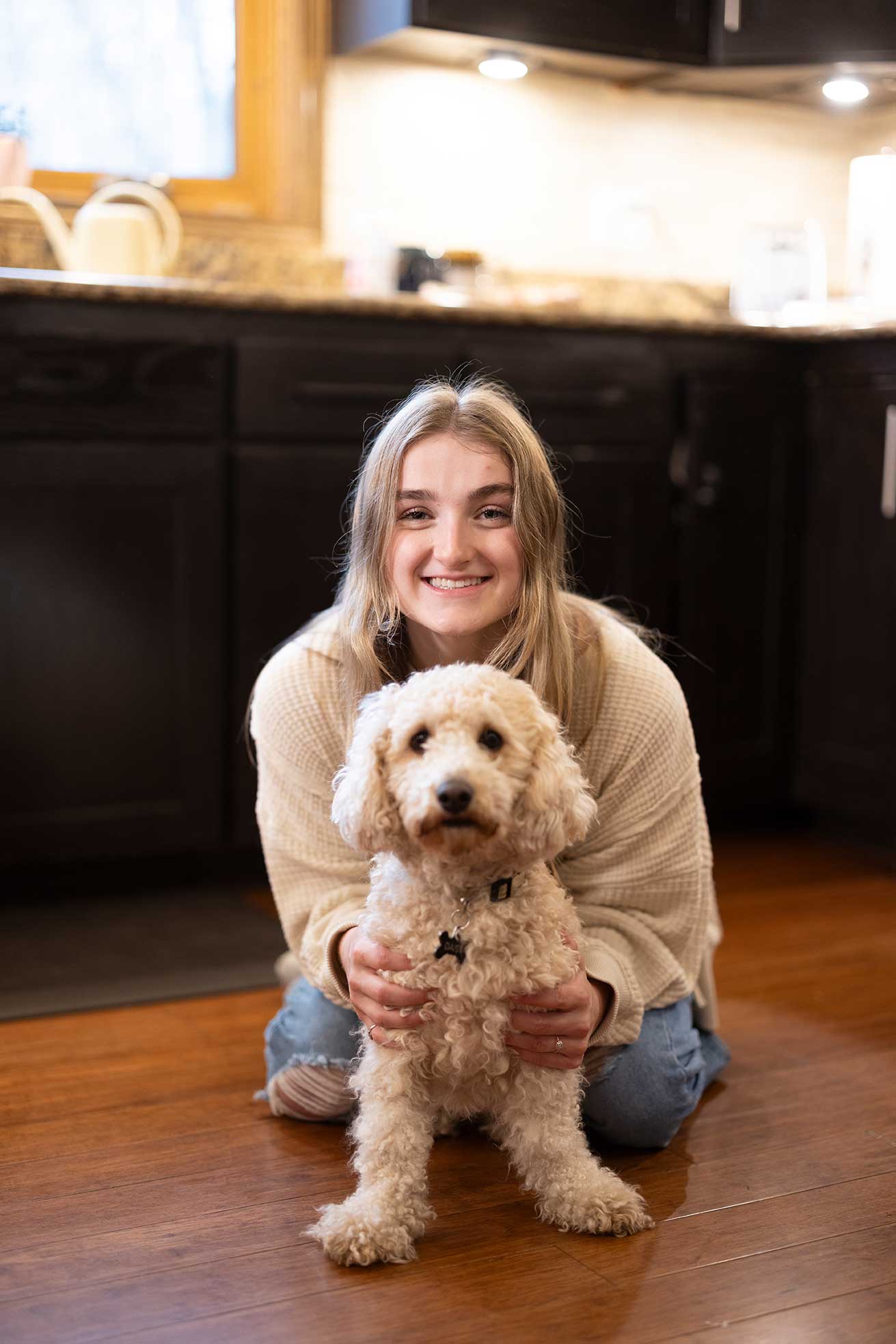Like so many 21-year-olds, Kale Pierson loves movies, hanging with friends and chilling by the late. He also loves his family and any chance he gets to tinker with the mechanical challenge at the family tire shop in Carlton, Minnesota with his dad.
“The entire team gave it their all to support Kale. There aren’t enough words to express my gratitude.”
—Kale’s mom, Marianne
“He’s very sweet and loving,” says his mom, Marianne. “And he’s a big boy: 6’4”, 280.”
When this big-hearted fellow started feeling the tumult of his late teenage years, the family needed help. Psychiatrists say that as the brain develops, there’s often a spike in sensation seeking, impulsive and occasional reckless behavior. Add autism to the mix, and it can be harder for a young person to identify, manage and express their emotions. If you’re not a mental health expert, it can also be harder to offer the right kind of help.
For Kale, that meant living in lockdown—even before the pandemic hit. In his staff-supervised home, sudden bursts of unruliness were met with “24-hour holds.” They didn’t know how to handle his aggressive behavior, triggered by the fixations of obsessive-compulsive disorder, in ways that helped him feel settled, Marianne says. Neither did Kale and his family.
As a person with limited ability to express himself with words, Kale’s frustration and isolation spiraled downward, along with his behavior. He needed people who would take the time to understand, work with him, and help him grow. People like Matt East. “When Kale arrived, we didn’t know a lot about him or how we were supposed to care for him. We’re typically not a long-term care facility. So how do we do this?” asked East, a behavioral health technician at Essentia Health’s Miller-Dwan inpatient mental health unit in Duluth. “Within a couple of weeks, we figured it out as a team. And a couple of us volunteered to help him during every shift—to help him succeed here, so when he transitioned out of care, he’d be prepared.”
Kale’s meltdowns subsided. And over the next eight months, despite the stressful changes spurred by the arrival of COVID, a gradual transformation occurred.
“By the end of his stay with us, you could tell Kale was coping with his stress so much better than when he had arrived. Rarely did he act out. That team effort in progressing his care showed,” Matt says. “And we developed a bond. We all came to appreciate his presence. It was kind of heartbreaking to see him leave.”
It was also “heartbreaking” at first for the Pierson family to send Kale to an inpatient psychiatric unit. Dealing with a fear of the unknown, they imagined their son was being locked up in a cold and sterile space. They soon realized Miller-Dwan was a source of stability, dignity and possibility.
“It’s not at all what I expected. The care was just amazing,” Marianne says. “The entire team gave it their all to support Kale. There aren’t enough words to express my gratitude. He really mattered to people. Working with Kale had its challenges at times, but they were always so positive about him and the experience. That made all the difference in the world.” It took time, coaching and a team-intensive approach to help Kale address his daily needs—from skill building and medication to physical and occupational therapy. But he was eventually ready to move back into a staff-supported home his parents purchased for him. The Piersons even modified the home to create a “sensory room” and a “timeout room” to mimic the mood stabilizing resources found at Miller-Dwan.
The transition of moving out of your home is stressful for any child and parent. For Kale, being on the autism spectrum made it even more intense. Without the support of the behavioral health unit and the lessons Kale learned, Marianne says the entire family would’ve been at a major loss. “The entire experience taught us separation. That’s something I hadn’t realized we both needed. So that it wasn’t always ‘mommy to the rescue.’”
It also came at a crucial time for Marianne who had been diagnosed and was dealing with cancer while Kale was receiving intensive help at Miller-Dwan. “I’m beyond grateful that things worked out the way they did,” she says. “There was no way I’d have been able to do it while dealing with surgery and chemo. It was such a blessing.”
Miller-Dwan Foundation supports psychiatric healing for adults, youth and families in the region’s most comprehensive settings for adult and adolescent inpatient care, partial hospitalization and more. Because with the right care at the right time, we can save and steady lives.

